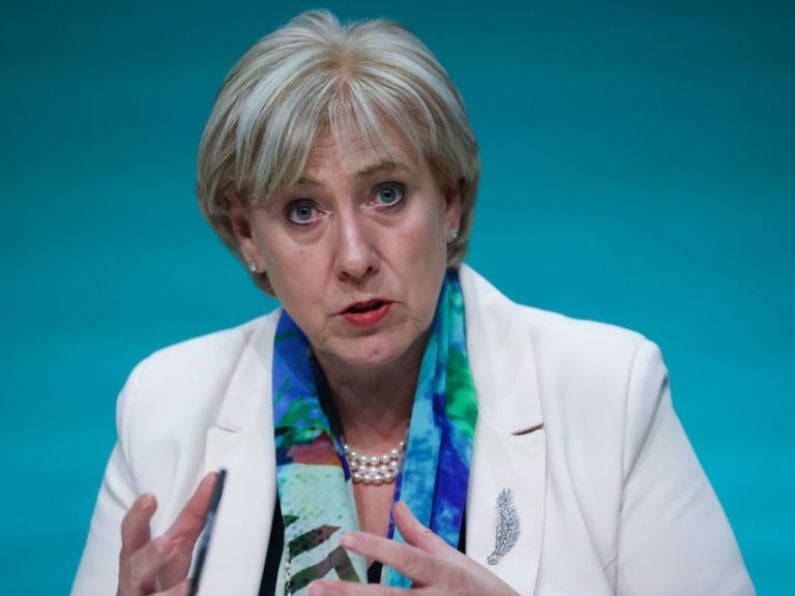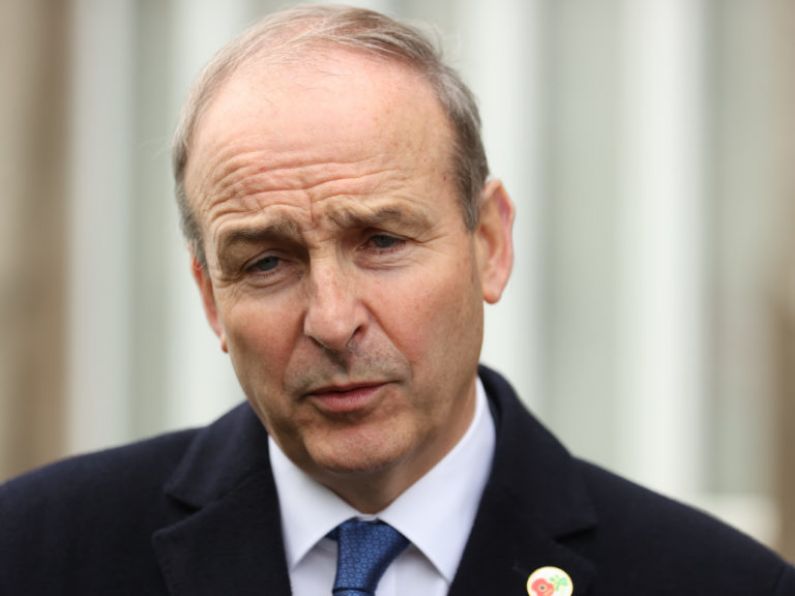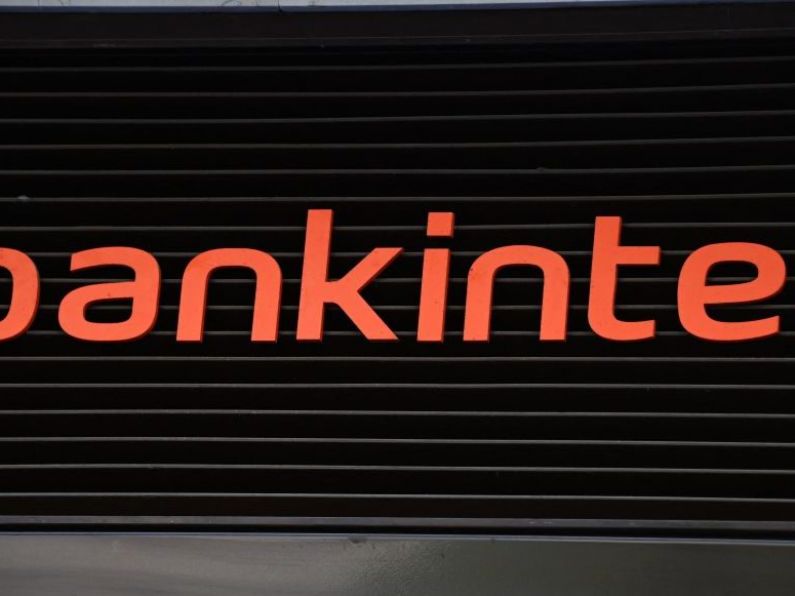Irish mortgage rates remain the second highest in the Euro zone, according to new data from the Central Bank of Ireland.
However, the gap between rates in Ireland and the rest of Europe has closed over the past few months.
At 2.68 per cent in June, the average interest rate on a new mortgage in Ireland is second only to Greece in the 19-country Eurozone.
This is down from 2.73 per cent in May and 2.77 per cent in April.
For the second month in a row, Ireland was the only country in the euro zone to see a fall in its mortgage rates. All other countries saw a rise in their average rate, some of which were significant.
France now has the lowest average mortgage rate in the euro zone at 1.34 per cent, followed by Portugal at 1.48 per cent.
However, around this time last year Finland had the lowest rate at just 0.69 per cent, underlying just how much rates have begun to rise in recent months.
The Eurozone average is 1.90 per cent, its highest level since at least August 2017.
By contrast, the average Irish mortgage rate is at its lowest since at least the same time.
Permanent TSB, Bank of Ireland and EBS have all reduced some of their rates, while ICS Mortgages, Avant Money and Finance Ireland have increased some of their rates.
Daragh Cassidy, Head of Communications at bonkers.ie said: “Rates in Germany (2.59 per cent) are now almost as high as they are in Ireland which no one would have predicted a few months ago.
“Unfortunately for homeowners the ECB has signalled that it will continue to raise rates over the coming months. It’s likely that the ECB will raise rates to at least 1 per cent before the end of the year and they may even hit 2 per cent or more in 2023.
“Most of this increase will eventually be passed on to mortgage customers. How much depends on the competitive pressures the banks feel under. I could see another 0.25 per cent increase not being passed on by the banks.
“Anyone on a variable rate should seriously consider locking into a longer-term fixed rate. Regardless of how high the ECB eventually raises rates, variable rates are generally poorly priced compared to fixed rates already.
“Anyone on a tracker needs to get expert advice to assess their options – depending on how high rates go, and the margin you’re paying, moving off a tracker may or may not make sense.






